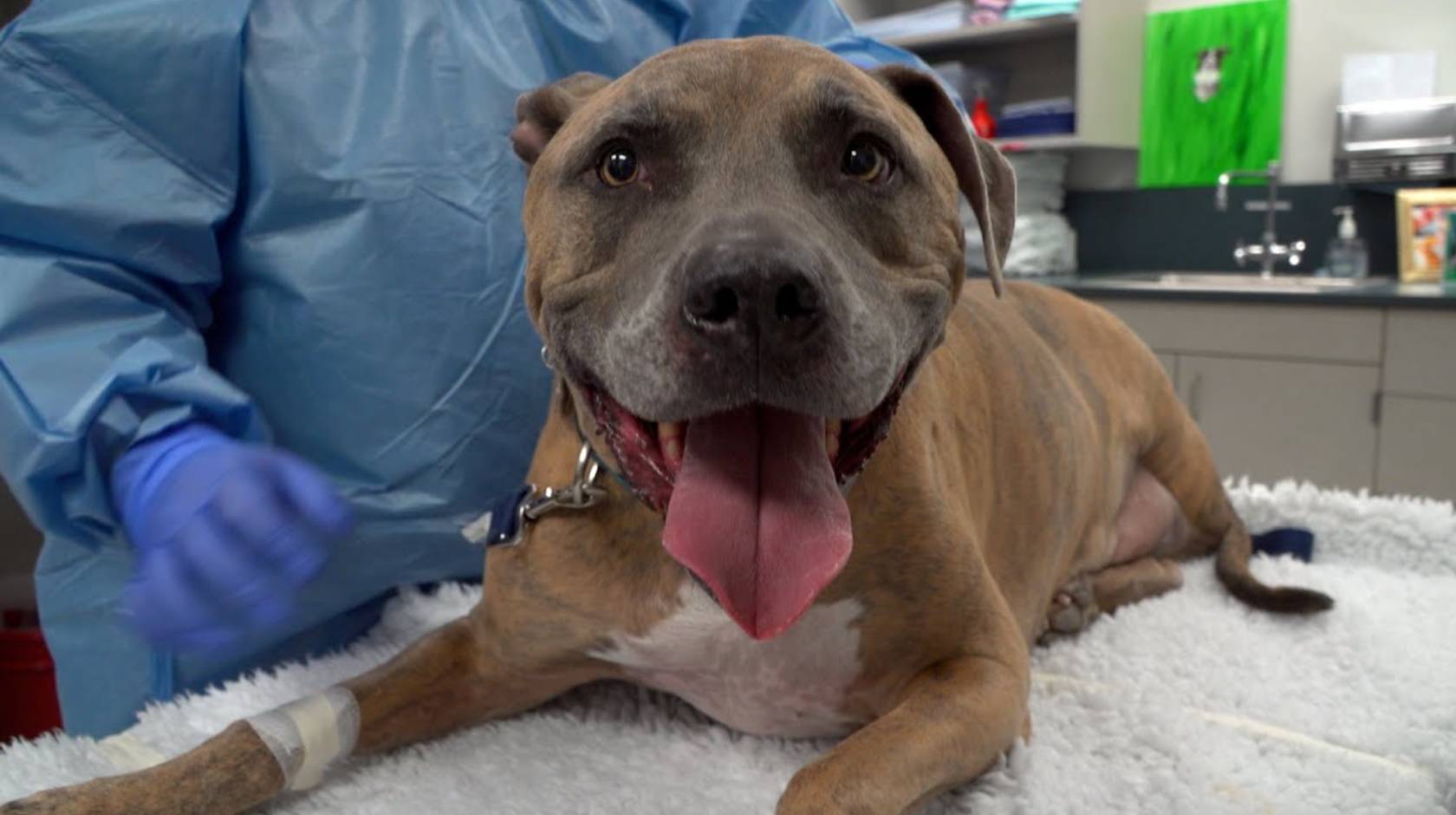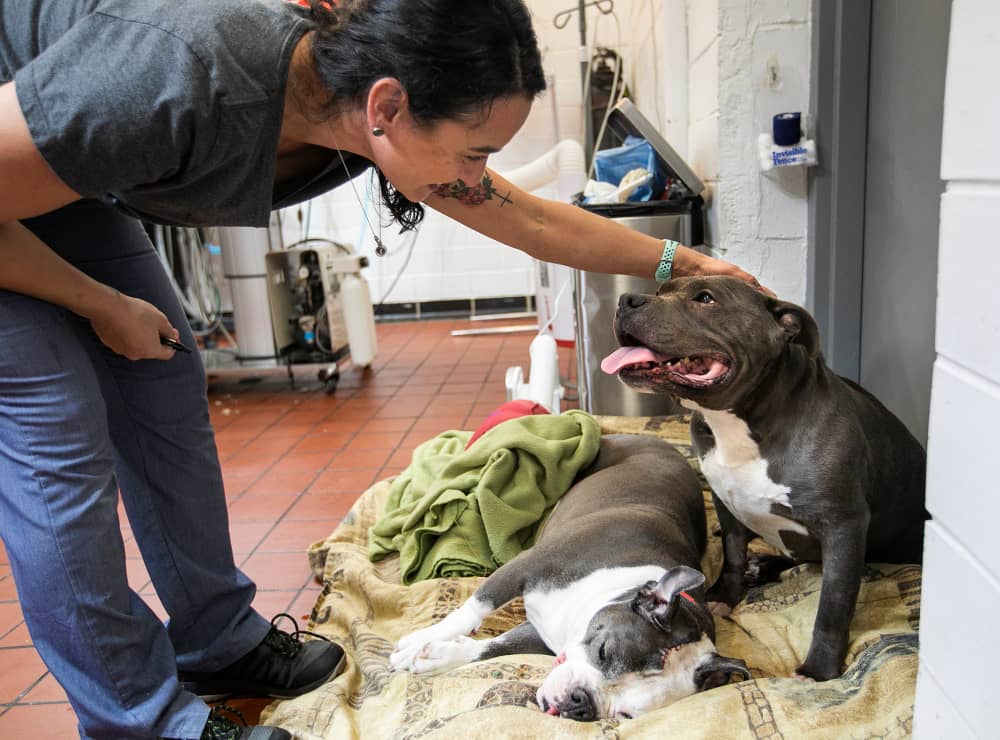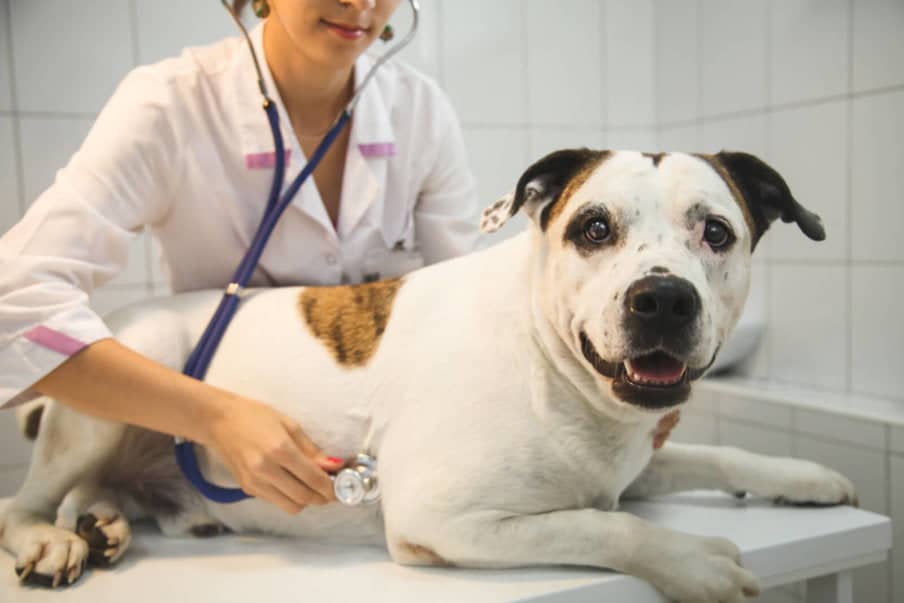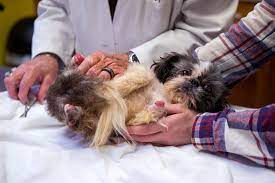Puppy Vaccination Schedule: What New Pet Parents Should Know
The core vaccination schedule protects your puppy from common and dangerous diseases such as distemper, hepatitis, parvovirus, and rabies. These are typically administered between 6 to 16 weeks of age, with some puppies receiving an additional booster at 20 weeks. Optional vaccines like Bordetella, Lyme disease, and Leptospirosis may be recommended depending on your puppy’s lifestyle and exposure risks. Your veterinarian will help you decide which are best for your puppy.
Why does our puppy need more than one vaccination?
When a puppy nurses from its mother, it receives temporary immunity through colostrum — the milk produced shortly after birth. Colostrum contains maternal antibodies that offer passive protection. As these antibodies fade, vaccinations help build your puppy's long-term immunity.
When Should You Take a Puppy to the Vet for the First Time?
Many breeders or shelters start vet visits before releasing puppies. You should receive records outlining previous care and upcoming needs. Regardless of what's been done, it's a good idea to schedule your puppy’s first vet visit within a few days of bringing them home.
A typical puppy vet schedule includes appointments every 3 to 4 weeks starting from 6 to 8 weeks old until they’re around 4 to 5 months. If your puppy starts vaccinations later, they can often catch up in two visits.
Puppy’s First Vet Visit Checklist
- Any veterinary records from the breeder or shelter
- Written list of questions or concerns
- Notes on diet and feeding routine
- Dog crate or carrier with familiar-scented bedding
- Leash and collar or harness
- Chew toy for comfort
- Small treats for good behavior
- Completed forms from your vet (if any)
- Fresh stool sample for testing
Small puppies feel safer traveling in crates. Avoid holding your puppy on your lap, as new sights and smells at the vet can be overwhelming.
What to Expect During Your Puppy’s First Vet Visit
- Review of medical history and behavior at home
- Weight check
- Temperature, pulse, and respiratory measurements
- Full physical examination
- Observation of movement
- Eye, ear, nose, mouth, skin, and genital checks
- Dental and oral examination
- Use of instruments for eye/ear exams
- Abdominal and lymph node palpation
- Heart and lung auscultation with stethoscope
- Reflex testing
We take pride in raising our puppies to be happy, healthy, and well-socialized for their future families. Comprehensive veterinary care and early socialization are key to lifelong wellness.


Non-core vaccines are based on lifestyle and exposure risk. These may include vaccines against Bordetella bronchiseptica, Borrelia burgdorferi (Lyme disease), and Leptospira bacteria. Dogs, the first species to be domesticated by humans, benefit greatly from appropriate vaccinations — both core and optional — to ensure long-term health and wellness.
Looking for a Healthy, Vaccinated Puppy?
Check out our Available Puppies section — every puppy is raised with love, thoroughly checked by a vet, and ready to join your family.


Leave a Reply